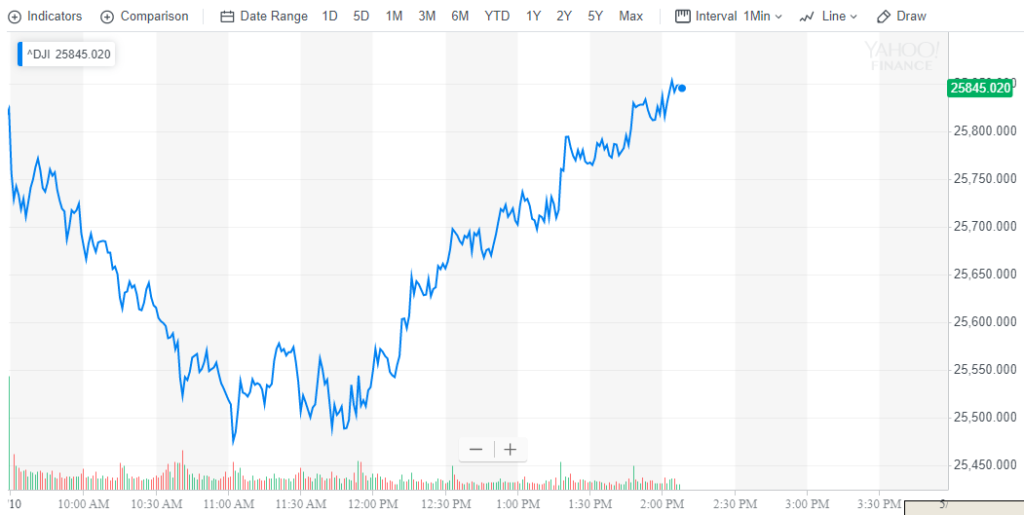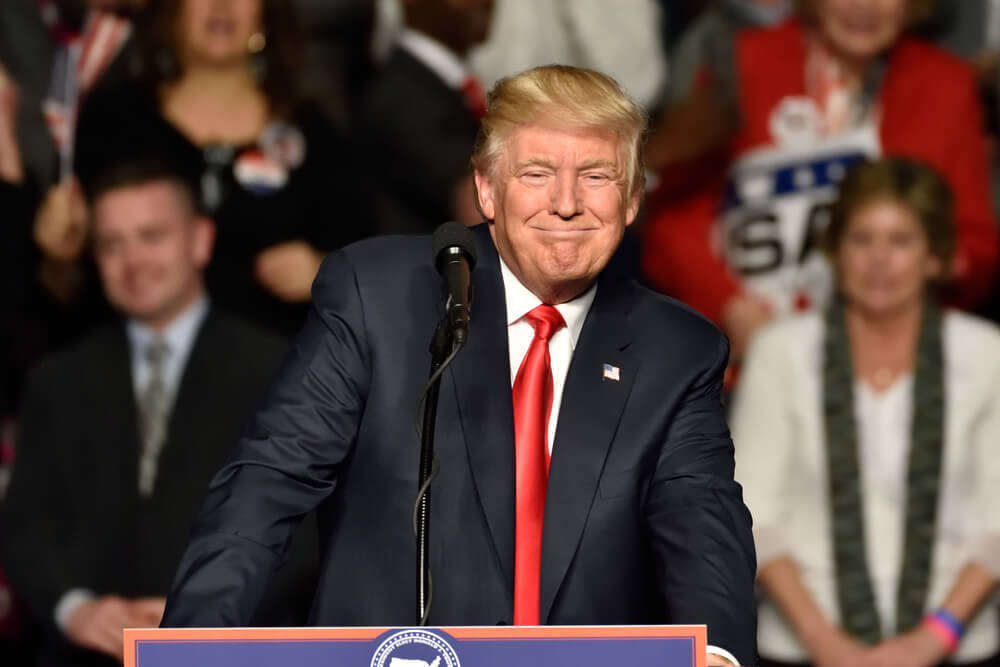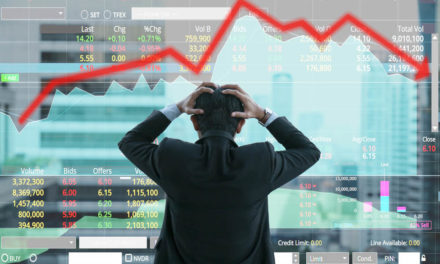For the second straight day, trading began with a gigantic bust as stocks cratered on the latest negative U.S.-China trade deal news.
And for the second straight day, things completely turned around after lunchtime as investors bet on President Donald Trump not letting the market collapse.
After a flurry of morning tweets in which Trump said we need not be in a hurry to get a trade deal done with China sent stocks crashing, Treasury Secretary Steve Mnuchin said talks with Beijing’s top trade representative were “constructive,” Trump said they were “congenial” and just like that, the market rebounded.
Ultimately, investors believe in Trump and that he will get a deal done. If a deal isn’t done and things look headed for a total meltdown, they expect the president will take action — the “Trump put,” in other words.
It is clear that the president judge’s a lot of his personal success on how the market is doing, so the prevailing train of thought is that he won’t let things go too far south. The Dow Jones Industrial rebounded by 377 points by 2 p.m. after hitting a morning low of 25,475 at 11 a.m.

Analysts believe that as long as the U.S. and China are moving toward an agreement, that the market will mostly contain losses.
“Trump was effective in helping the markets when it came to tax policy in 2017, and now in coming to an agreement with China,” Peter Boockvar, chief investment strategist at Bleakley Advisory Group, said in an interview with CNBC. “Every time he talks about talks going well with China, that’s what the markets want to hear. If he says something good, the markets are going to rally.”
Trade talks between the Trump administration and China Vice Premier Liu He ended before noon on Friday, but investors are most concerned with how China might respond to the tariffs that were increased from 10% to 25% Friday morning — so expect volatility to continue next week.
“What you now expect is some kind of Chinese retaliation over the weekend. I think you have a weak Monday,” National Alliance’s Andrew Brenner told CNBC.
The fight over trade between the world’s two largest economies sank the then-record-high S&P 500 2.6% this week, the worst decline since the December bloodbath. The difference and problem with this slide compared to that one is this time the decline was directly due to White House policy as opposed to recession fears and worries about Fed policy.
What happens next — aside from more volatility — is anyone’s guess.
“I think there’s a lot of faith that he doesn’t want to do things that will be too damaging to the stock market. But on the other hand, he is committed to changing the trade relationship with China,” QMA chief investment strategist Ed Keon told CNBC. “Some of the tweets today, when he talks about how well the market has done do suggest he may be able to tolerate some downside to attain a policy goal.”




